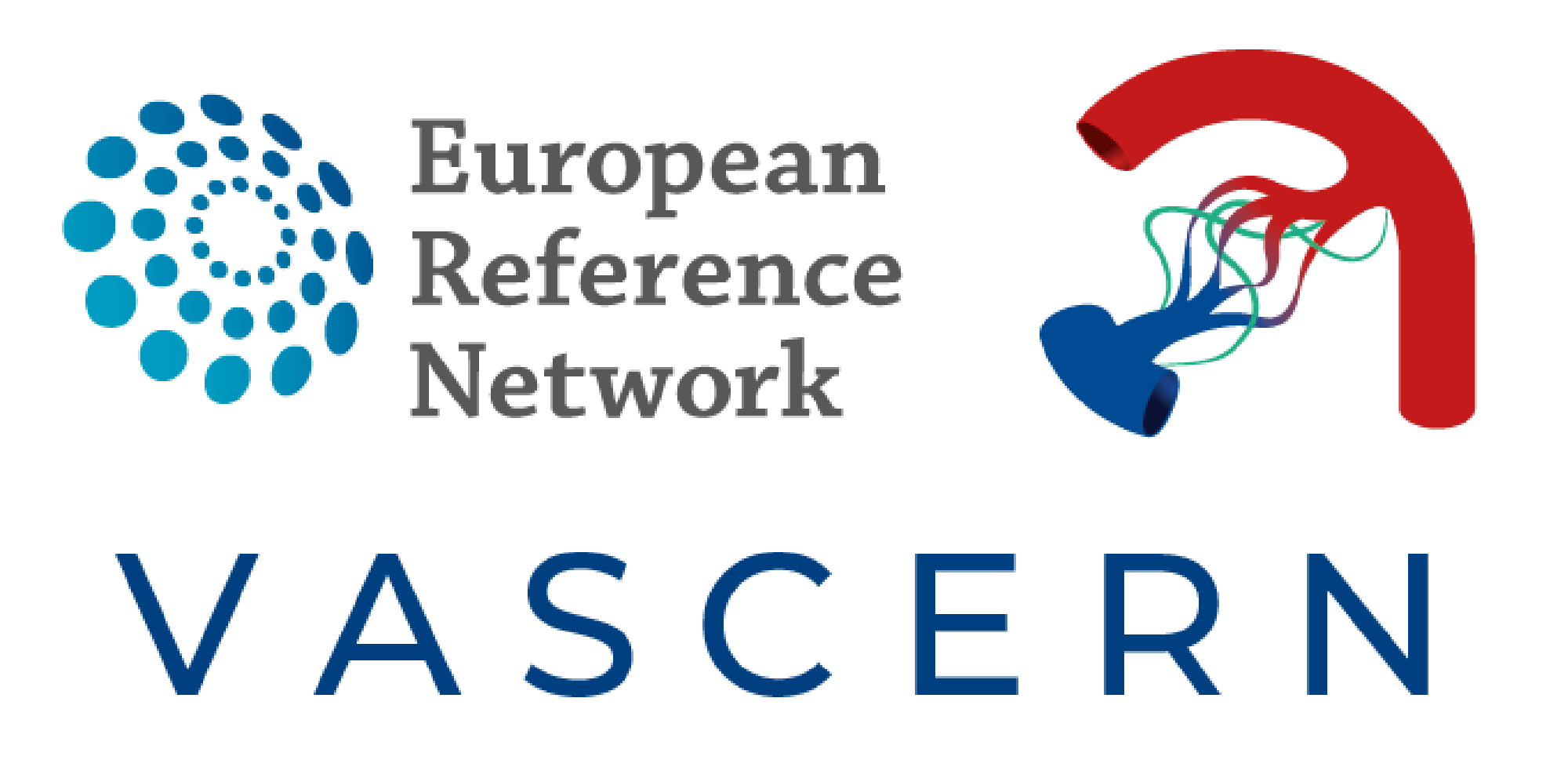

The Hereditary Hemorrhagic Telangiectasia Working Group (HHT-WG) has published an article titled European Reference Network for Rare Vascular Diseases (VASCERN): When and how to use intravenous bevacizumab in Hereditary Haemorrhagic Telangiectasia (HHT)? in the European Journal of Medical Genetics as part of the VASCERN Special Issue. It is co-authored by members, collaborating experts, and the ePAG representatives of the VASCERN HHT-WG.
Hereditary Haemorrhagic Telangiectasia (HHT) also known as Rendu-Osler disease, affects one in every 5000-8000 people. It is characterized by recurring epistaxis, cutaneous-mucosal telangiectasias, and arteriovenous malformations (AVMs) in the lungs, liver, nervous system, and digestive tract. Epistaxis or nosebleeds is a common symptom of HHT. Some procedures or treatments that can result in both short and long-term improvements, but there is currently no surgical cure for nosebleeds.
This publication examined the use of intravenous bevacizumab in patients with HHT. Bevacizumab is an anti-angiogenic therapy used to treat arteriovenous malformations (AVMs) in HHT patients. Although bevacizumab is prescribed for HHT patients, it is not market-authorized for HHT treatment. For this study, a retrospective survey was conducted by HHT Europe (Federation of Patient Organizations) with 13 participating patient organizations to assess the interest and questions around the use of bevacizumab in HHT. Data from a prospective study evaluating the efficacy and safety of bevacizumab IV in 25 HHT patients with liver AVMs and high cardiac output was also assessed.
Based on the data examined, the paper concluded that
“Bevacizumab can help control severe bleeding in HHT patients and can add in controlling large hepatic AVMs. Although there have not been conducted any randomized controlled trials on the efficacy, we believe bevacizumab plays an important role, and in this paper we have tried to outline how to use bevacizumab in care of HHT patients.”
Download and read the full article here
We congratulate the HHT WG on this publication!
Reference:
European Reference Network for Rare Vascular Diseases (VASCERN): When and how to use intravenous bevacizumab in Hereditary Haemorrhagic Telangiectasia (HHT)? Dupuis-Girod S, Shovlin CL, Kjeldsen AD, Mager HJ, Sabba C, Droege F, Fargeton AE, Fialla AD, Gandolfi S, Hermann R, Lenato GM, Manfredi G, Post MC, Rennie C, Suppressa P, Sure U; ePag group, Buscarini E. Eur J Med Genet. 2022 Aug 5;65(10):104575. doi: 10.1016/j.ejmg.2022.104575. Epub ahead of print. PMID: 35940549.
